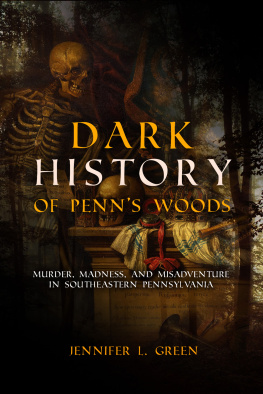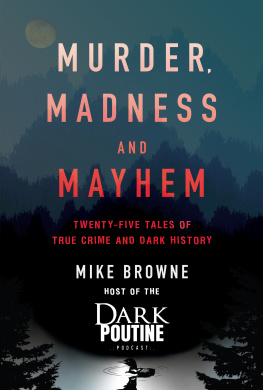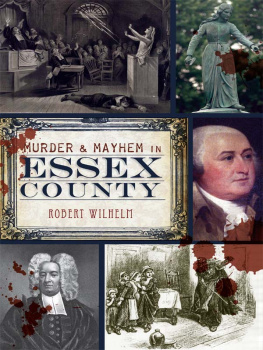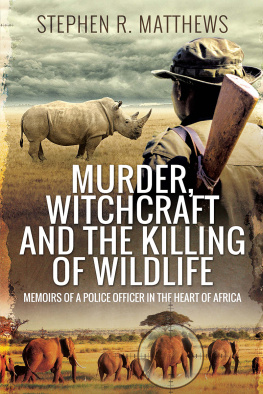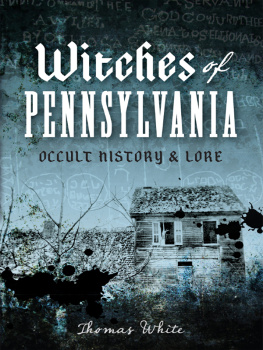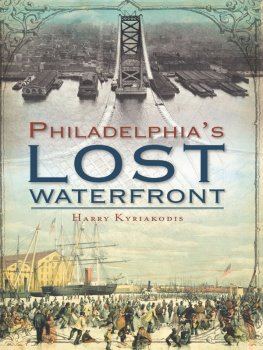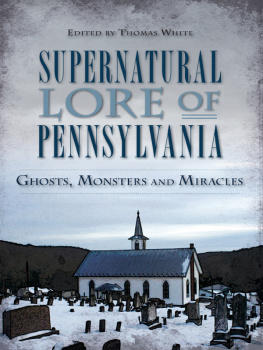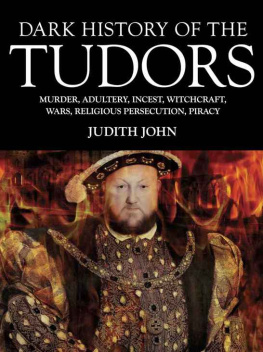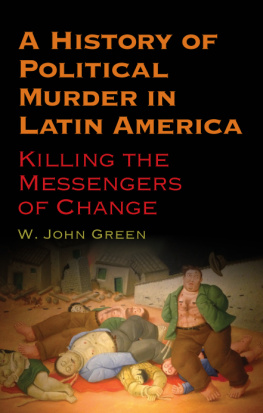


Brookline Books is an imprint of Casemate Publishers
Published in the United States of America and Great Britain in 2021 by
CASEMATE PUBLISHERS
1950 Lawrence Road, Havertown, PA 19083, USA
and
The Old Music Hall, 106108 Cowley Road, Oxford OX4 1JE, UK
Copyright 2021 Jennifer L. Green
Paperback Edition: ISBN 978-1-95504-100-3
Digital Edition: ISBN 978-1-95504-101-0
A CIP record for this book is available from the British Library
All rights reserved. No part of this book may be reproduced or transmitted in any form or by any means, electronic or mechanical including photocopying, recording or by any information storage and retrieval system, without permission from the publisher in writing.
Printed and bound in the United States by Integrated Books International
For a complete list of Brookline Books titles, please contact:
CASEMATE PUBLISHERS (US)
Telephone (610) 853-9131
Fax (610) 853-9146
Email:
www.casematepublishers.com
CASEMATE PUBLISHERS (UK)
Telephone (01865) 241249
Email:
www.casematepublishers.co.uk
For my husband, who has shown great fortitude in the face of my growing collection of books about murder.
Contents
Introduction: Our Evil Twin, Our Shadow
The documented history of the strange and tragic in Delaware and Chester counties began when the first ships under the command of white Europeans sailed into the Delaware Bay. Henry Hudson, captain of the Dutch East India Company flyboat Halve Maen (Half Moon) stumbled upon the Delaware Bay in 1609 during his search for a northwest passage to Asia. The crew soon discovered treacherous shallows hidden beneath the calm waters of the Delaware River, and decided to turn around and head back out to sea. Hudsons short jaunt was enough for the Dutch to lay claim to the area, and he returned in 1610 (aboard the English ship Discovery ) to do more exploring. After a brutally cold and miserable winter spent off the east coast of Canada, Hudsons crew mutinied and set him and his allies adrift in a lifeboat, never to be heard from again.
The tragedies continued in the following decades. In 1629, the Dutch negotiated the purchase of land in southern Delaware from the local indigenous peoples and planted a small colony of 28 settlers called Zwaanendael. The colony was soon destroyed in a conflict with the Native Americans. Later, the Dutch decided to move their settlements to New York, which allowed the Swedes to take over the Delaware River Valley. In 164344 the Swedish settlement on Great Tinicum Island, under the command of Johann Printz, met with a disastrous number of deaths from overwork and starvation. Twenty years later, in 1667, the English wrested control of the Delaware Bay from both the Dutch and the Swedes and in 1681, King Charles II granted William Penn (16551718) a generous charter naming him as proprietor of what would eventually become Pennsylvania. Giving Penn a charter for such a vast territory satisfied two of Charles IIs goalsto repay an enormous debt that he owed to Penns father, and to peacefully oust the troublesome Quaker and his coreligionists from England. Penns first voyage to his new home in 1682 was shadowed by an outbreak of smallpox aboard the Welcome which killed 30 of Penns 100 emigrant companions en route. Instead of making the Penn family rich, Pennsylvania turned out to be a money pit that landed Penn in debtors prison at the end of his life. Under no circumstances could this be considered an auspicious beginning.
Despite its troubled start, Pennsylvania soon developed a glowing reputation in the world as a beacon of freedom, equality, and prosperity. William Penn negotiated treaties with the local Lenni Lenape tribe, setting the stage (at least theoretically) for a peaceful coexistence with the native peoples. He then set about establishing what he considered to be a political utopia guaranteeing free and fair trial by jury; freedom of religion; freedom from unjust imprisonment; and free elections. He denounced the Bloody Code, the legal system under which England operated at the time, which used execution as a form of punishment for crimes as diverse as theft, using a disguise while committing a crime, and being in the company of Gypsies for one month.
Europeans praised Penns experiment as launching a golden age of humanity. The Abb Raynal gushed that this Republic without wars, without conquests, without effort became a spectacle for the whole universe.
Beneath the golden mantle of utopia, however, seethed an underbelly of dissent, frustration, and violence. As early as 1693, the Provincial Council complained that Pennsylvanians were already violating Penns proclamations against Sabbath breaking, drunkenness, Idleness, Unlawfull gaming, and all manner of prophanesse. The looseness of the laws in Pennsylvania seemed to encourage settlers to break them even more frequently. In hindsight, we can understand why diverse groups of immigrants from Germany, Ireland, Scotland, and elsewhere might not lovingly embrace the Quaker strictures against gambling, dancing, fancy dress, and theater. Staidness is not everyones cup of tea. The quandary over what laws to require which immigrants to follow ended up crippling law enforcement of any kind. What started out as small moral infractions in the late seventeenth century mushroomed into theft, violence, and rioting in the eighteenth century.
Jack D. Marietta, a historian of crime and punishment in Pennsylvania, crunched the numbers and discovered that 513 homicide cases were brought to court by 1801. This number far exceeded any other British colony except Virginia, which had a far larger population. In the 1720s, Pennsylvanias homicide indictments outstripped even Londons worst rates in the eighteenth century. One particularly bloody decade was the 1780s, after the seismic cultural and political shifts of the Revolutionary years, when courts tried 136 suspected cases of murder in just ten yearsmore than the colony of Massachusetts tried in the previous 50. Blame often fell upon new surges of German and Scot-Irish immigrants, who didnt subscribe to Quaker pacifism, and commonly hailed from areas with a long history of violence and upheaval.
In an ironic twist, in the eighteenth century the English government made an effort to stop executing so many people for so many crimes, but their solution was to ship them off to the colonies with the explanation that a change of scenery might make them hardworking, honest individuals. An irate Benjamin Franklin, writing in The Pennsylvania Gazette in 1751, observed with dripping sarcasm that if the British were content to send their criminals to Pennsylvania for a change of climate, then Pennsylvanians should send the British some rattlesnakes:
In some of the uninhabited Parts of these Provinces, there are Numbers of these venomous Reptiles we call Rattle-Snakes . These, whenever we meet with them, we put to Death, by Virtue of an old Law, Thou shalt bruise his Head . But as this is a sanguinary Law, and may seem too cruel; and as however mischievous those Creatures are with us, they may possibly change their Natures, if they were to change the Climate; I would humbly propose, that this general Sentence of Death be changed for Transportation .
Times of war and economic depression contributed greatly to the rates of violence in Pennsylvania, including incidents of suicide. In the eighteenth century the British legal system considered suicide to be equally as heinous as murder, and just as disruptive to the peace of the state. In the fourteenth and fifteenth centuries, those who committed self-murder were tried posthumously by a coroners jury and, if convicted, were denied a proper burial and the Crown confiscated all of the victims worldly goods. By the mid-1700s in Pennsylvania, such coroners juries generally softened their verdicts by declaring the victims insane rather than guilty of self-murder. In 1795, a man named William Mee hanged himself in East Nantmeal Township, Chester County, and the coroners report noted the following:
Next page
